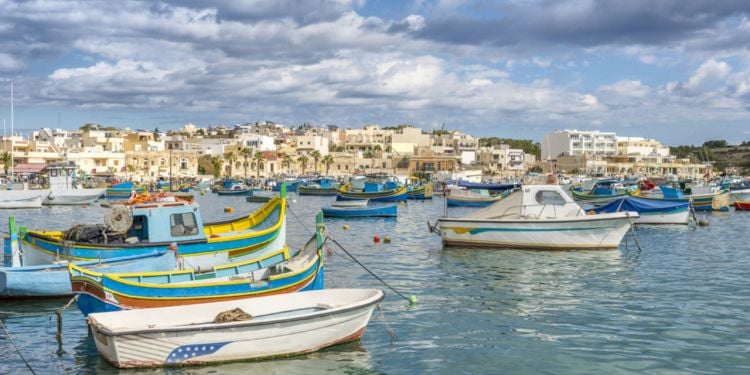
By undertaking an internship in Malta, you'll gain an enriching and formative experience. For years, Malta has attracted a growing number of young foreign professionals, drawn by its growing economy and wide range of career opportunities. Before you begin, take the time to understand the requirements and formalities, including whether you need to apply for a visa for Malta.
Promising fields for internships in Malta
When looking for an internship in Malta, you are more likely to be hired in the following sectors:
- Hospitality and catering;
- Tour operators;
- Customer service operators;
- Online gaming;
- Language schools;
- Marketing and customer relations.
The country also is also home to many international companies in sectors such as iGaming, information and digital technology, financial services, and tourism. Therefore, do not hesitate to seek assistance from your home country's embassy or other diplomatic representatives during your search for an internship in Malta. In some cases, they may even offer you a position.
Consider also contacting the foreign chambers of commerce in Malta and sending unsolicited applications to foreign companies that are of interest to you. You can find a list of these companies in online directories.
Good to know:
Nowadays, many international students in Malta seek paid or unpaid internships in hotels, bars, restaurants, etc., in popular tourist areas.
Some agencies in Malta specialize in placing interns. They help young candidates find a suitable internship in exchange for a fee (usually ranging from 250 to 1500 euros). These agencies provide comprehensive logistical support and connect interns and apprentices with companies.
Internship conditions in Malta
The intern status is defined and regulated by the Maltese authorities. Being an intern allows you to work up to 40 hours per week for a total of 10 to 52 weeks. Given that companies are not required to pay interns, most of them are not compensated. However, make sure to discuss this topic with your potential employer before joining.
At the end of their internship, interns receive a competency certificate.
Important:
You must be at least 16 years old and have completed your final year of secondary education to be eligible for an internship in Malta. For European candidates, this generally means being at least 18 years old and having a baccalaureate.
Planning your internship in Malta
An essential asset for succeeding in your internship in Malta is a good command of English. Mastering other languages spoken by tourists and foreigners in Malta, such as Italian, is another advantage.
You are advised to write your CV and cover letter in English.
When traveling to Malta for your internship, you must have health insurance that provides coverage in Malta and throughout Europe. If you come from another European Union country, request the European Health Insurance Card (EHIC), which is free of charge.
If you are British or Australian, you can benefit from free healthcare in Maltese hospitals for stays of less than a month under a bilateral agreement signed by Malta and these two countries.
Non-European Union nationals must purchase private health and travel insurance that will cover them in Malta, including for medical repatriation. Check in advance with your insurance company.
Visas for internships in Malta
In general, European Union and United States citizens, as well as foreigners from Commonwealth countries, do not need a visa for a three-month stay in Malta. If you plan to stay longer, you will need to apply for a residence permit.
Accommodation for interns in Malta
If you are doing an internship as part of your university program, you can find accommodation:
- Within the University of Malta's student residence;
- By seeking help from private organizations;
- By searching for room or apartment to rent on your own in Malta, using the Internet and Facebook groups.
Shared apartments are quite common, even in popular areas like Sliema, and can be more affordable.
Useful links:
European Law Students' Association (ELSA)
International Association for the Exchange of Students for Technical Experience - IAESTE
We do our best to provide accurate and up to date information. However, if you have noticed any inaccuracies in this article, please let us know in the comments section below.








